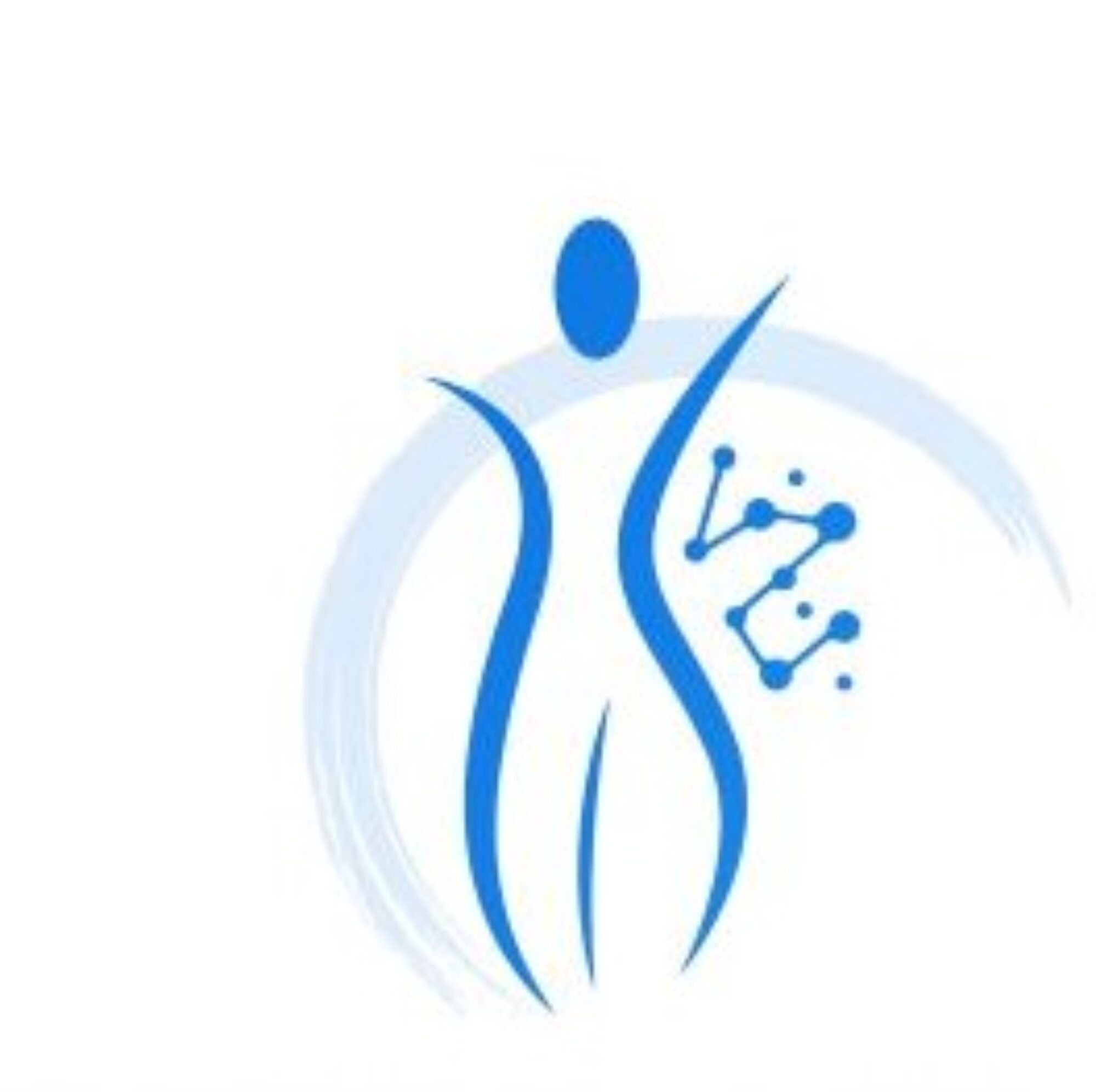A few months ago, I shared on my blog ways to stay safe during a massage. I want to revisit this topic and share with you what is not okay during or after a massage and how to spot a phony.
 You should never, ever expect a “happy ending” from a licensed massage therapist. Don’t even be tempted to joke about it. Anyone giving a massage that includes sexual contact of any kind during, or after, a massage is likely not a licensed therapist. Along those lines, it is not okay for the person giving you a massage to touch you sexually. That is completely inappropriate and unethical. No exceptions. If you find yourself in a situation where the person giving a massage is inappropriate, speak up! Each state has laws, regulations, and places to file a complaint.
You should never, ever expect a “happy ending” from a licensed massage therapist. Don’t even be tempted to joke about it. Anyone giving a massage that includes sexual contact of any kind during, or after, a massage is likely not a licensed therapist. Along those lines, it is not okay for the person giving you a massage to touch you sexually. That is completely inappropriate and unethical. No exceptions. If you find yourself in a situation where the person giving a massage is inappropriate, speak up! Each state has laws, regulations, and places to file a complaint.
A good rule-of-thumb is that a therapist should only be working on a body part that is uncovered. They should not be touching you beneath the draping. Likewise, their hands should not be on, near, or even graze your private areas.
When choosing who you allow to give you a massage, there are a few things to keep in mind. A licensed massage therapist is well educated and will have had to complete an intensive program to receive their license or certification. For example, the Cortiva Institute, Baltimore Campus, (my alma mater, which was formerly known as the Baltimore School of Massage) requires a 32-35 week program, logging 750 hours of training. There, students are trained in massage theory, anatomy, physiology, and massage technique, among other aspects, to properly prepare for a career in massage therapy.
Massage therapists use their education to provide a healing service to their clients. That’s why they take an inventory at the beginning of each session to assess any pain or discomfort you may be experiencing and to learn what you hope to achieve through the session. They can alter their course of treatment based on your stress level, current health concerns, or muscle pain.
When searching for someone to give you a massage, avoid anyone who promotes “whole body massage” or “extras” on their list of services. That terminology can be code for illegal sex acts. Listen, also, for turn of phrase like “the bed” vs. “the table”. A professional is more likely to speak clinically about their services and equipment.
It is important be vigilant when choosing someone to give you a massage. If you aren’t sure what is considered normal during massage, and what is inappropriate, or how to spot a phony, contact us. Massage is a wonderful holistic approach to healing and I want you all to remain safe and well cared for during every session.


